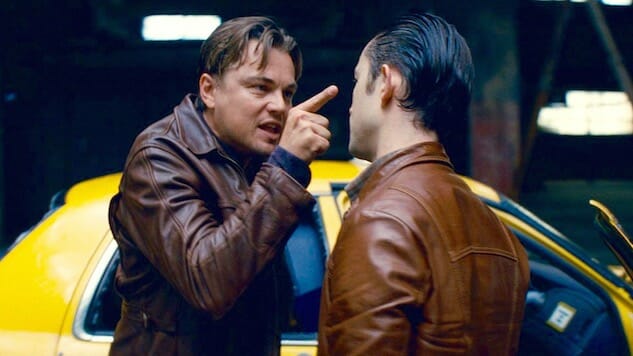The Big Problem with “Tourism Shaming”
Photo courtesy of Warner Bros. Pictures
Thankfully for many of us, there are few global rules telling us where we can go and what we’re allowed to do. There are exceptions to this, of course … notably in oppressive or otherwise war-torn countries. But for the most part, we are “free to move about the cabin” called Earth.
Doing so, of course, requires time, money, and/or disciplined planning. But that’s something a large portion of us are increasingly capable of. Whereas seeing the world was once something only royalty and the rich could do, the middle-class now makes up the majority of “tourists” and have done so since the word and idea went mainstream in the 1950s.
The middle class is expected to double worldwide within 15 years to nearly 60%, according to Reuters. In other words, tourism is going to get even bigger, more crowded, and face new challenges as more participants join the party.
One of those challenges: dealing with elitist travelers or anyone who looks down upon “inferior” travelers. To be clear, such “tourism shaming” is nothing new and has existed since Thomas Cook helped to invent tourism in 1841. While embarking on his first and subsequent group journeys, Cook and company were derided by the upper British classes, despite his noble intentions. In his own words, to “lift people out of the dull of everyday life.”
Fast forward to recent history. In the 1960s, a decade after commercial airplanes created the first world wide web, the term “alternative tourism” came into the mix as one counter-culture to popular mainstream destinations of the time. Instead of heading to Hawaii, Europe, and Northern Africa, for instance, those looking to leave the conveyor belt headed for India instead.
Not long after that, in the 1980s and 1990s, newly minted lower-middle class Americans headed for Europe in socks, sandals and Hawaiian shirts and were derided by class-conscious continentals for doing so. More recently, two other tourists trends have emerged. The Gringo Trail in Latin America, which often includes Machu Picchu and anything not named Brazil. And The Banana Pancake trail, which is named for a popular dish served to privileged twenty somethings traveling through Southeast Asia while in search of lattes and a side of purpose.
-

-

-

-

-

-

-

-

-

-

-

-

-

-

-

-

-

-

-

-

-

-

-

-

-

-

-

-

-

-

-

-

-

-

-

-

-

-

-

-








































